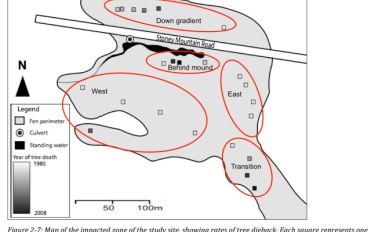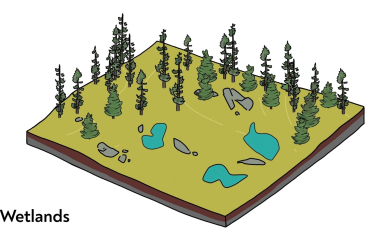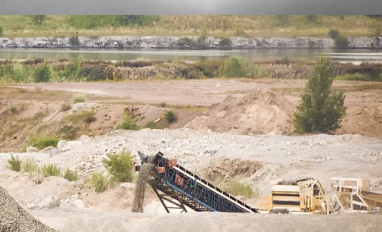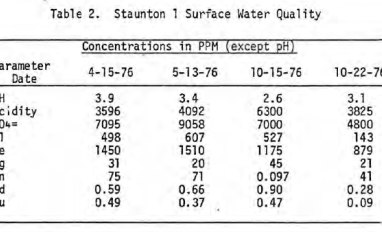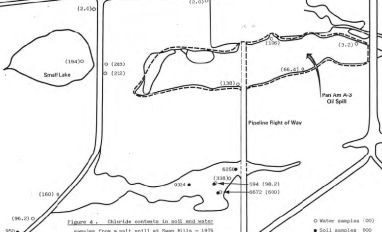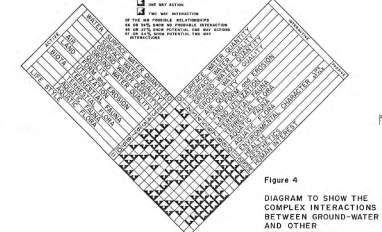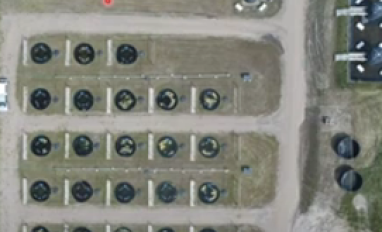Wetland Knowledge Resources
Resource
Linear disturbances such as powerline rights of way, seismic lines and roads are common in areas of intensive resource development. Roads that bisect wetlands can alter their hydrologic connectivity...
Resource
Author(s)
Jessie Lavallee-Whiffen
Kristyn Mayner
Chantelle Abma
Video series from Ducks Unlimited Canada, discussing the fascinating and ecologically important dynamics of carbon in Canada’s peatlands, and our role in maintaining these crucial ecotypes. Part 1...
Resource
A resource to improve understanding of wetlands in the Bow River region to promote conservation through protection and restoration. Wetlands are natural assets that have a vital role in climate change...
Resource
Author(s)
Anthony Stewart
Meghan Halabisky
Chad Babcock
David Butman
David D’Amore
Monika Moskal
Inland wetlands are critical carbon reservoirs storing 30% of global soil organic carbon (SOC) within 6% of the land surface. However, forested regions contain SOC-rich wetlands that are not included...
Resource
Author(s)
Emily Jones
Laura Chasmer
Kevin Devito
Christopher Hopkinson
Climate change in northern latitudes is increasing the vulnerability of peatlands and the riparian transition zones between peatlands and upland forests (referred to as ecotones) to greater frequency...
Resource
Many after-uses of aggregate extraction land do exist: forestry, agriculture, recreation, nature reserves, housing and waste disposal sites. Attempts at reclaiming this land for alternate uses has...
Resource
In the Stat~ of Illinois lands that have been abandoned after deep mining or strip mining of coal present unique land reclamation problems. One such area is the Staunton l Reclamation Site. Through...
Resource
Author(s)
Michael Rowell
Jean Crepin
Salt spills are liable to become more prevalent in the oil producing regions of Alberta as the volume of brine relative to crude oil increases with the depletion of the older oil-fields. High...
Resource
Ground water conditions are frequently overlooked when placing surface materials in a mine reclamation scheme. The purpose of this paper is to outline the interaction between the surface materials and...
Resource
This seminar describes the design, construction, and operation of InnoTech Alberta’s Aquatic Mesocosm Facility in Vegreville. The talk focuses on the facility’s capabilities and how they can advance...


